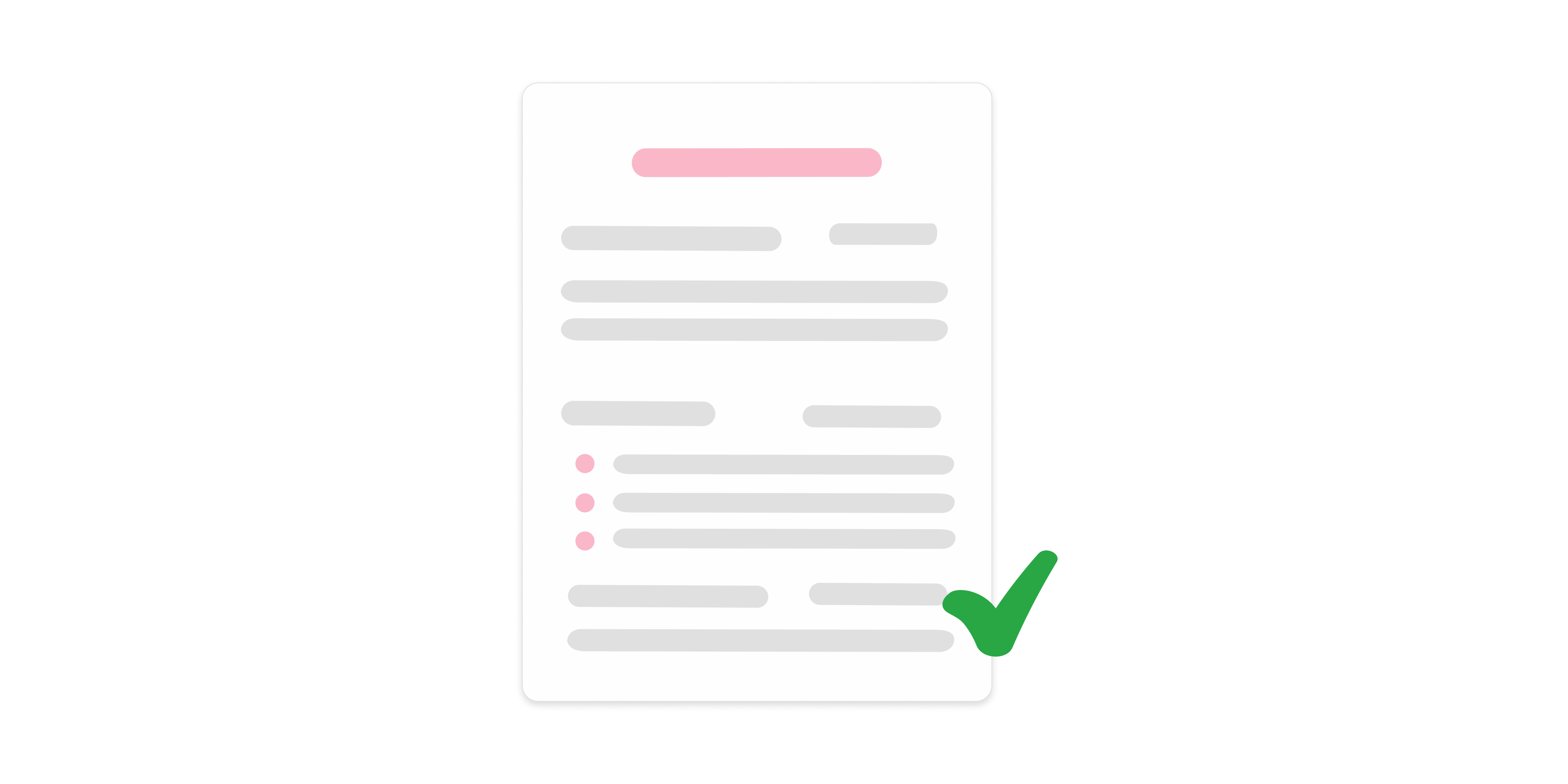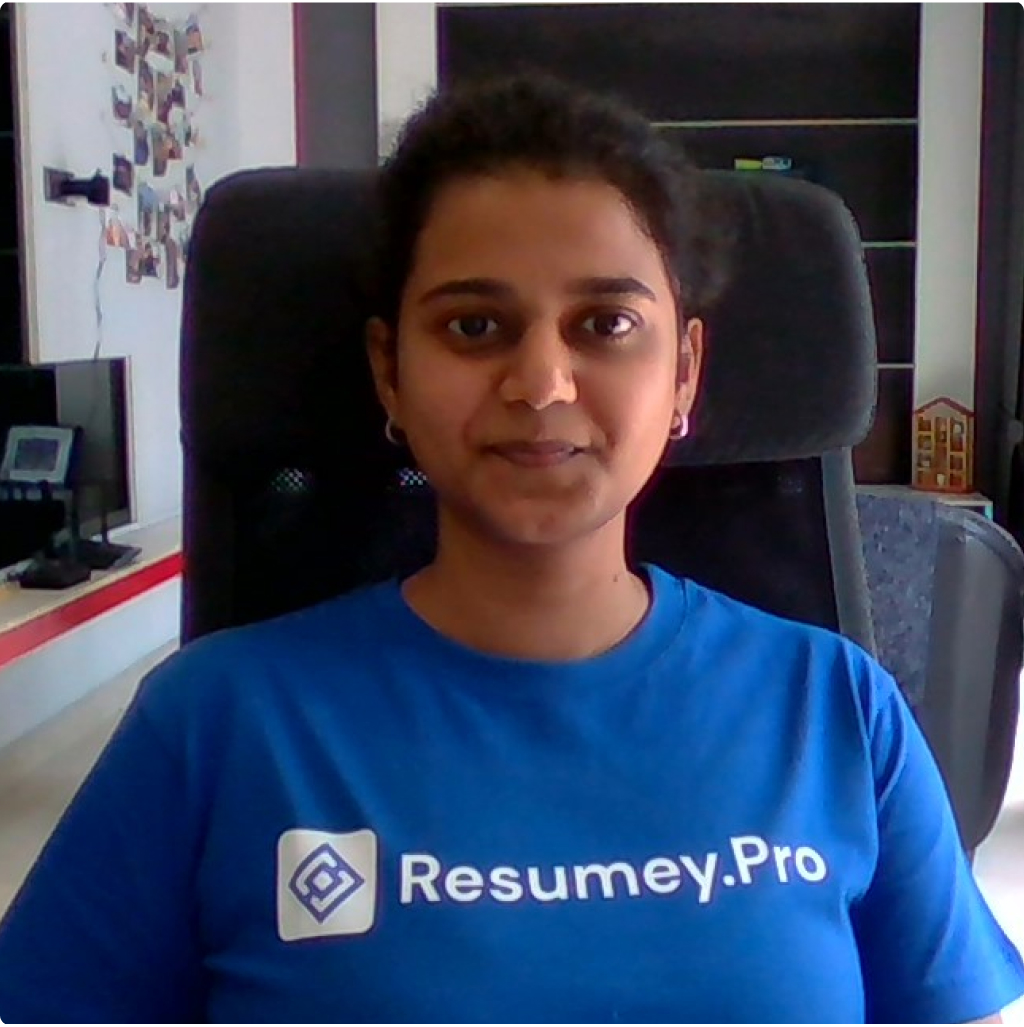 Find a job on your own terms, when you don't have a pressing deadline
Find a job on your own terms, when you don't have a pressing deadline
Depending on your industry, you may find yourself in a hot job market. While you may not have any complaints about your current setup, it may be worth knowing what’s out there in the market. After all, you don’t know what you don’t know.
And like relationships, to find a job opportunity that is suitable takes time and may not be available whenever you need it. It is risky to leave it to the last minute when you are actively searching for a job. In such cases, you may have pressing deadlines and you may end up compromising for something you are not entirely satisfied with.
When you are casually open to a job opportunity, you have the luxury to choose on your terms.
So how can you go about being casually open to new job opportunities while still being gainfully employed?
1. Be visible in your social circles
Online and offline
 Be visible in social circles - go for coffee chats, connect on LinkedIn, video calls
Be visible in social circles - go for coffee chats, connect on LinkedIn, video calls
It’s good to build your network with the peers in your industry and keep in touch with them on a regular basis. Nurture it as a part of your life rather than just doing it when you’re looking for a job.
Networking doesn’t happen overnight. You can’t approach someone in your industry and ask for favours without ever staying in touch.
Firstly, approaching your peers as per your convenience to find a job may be perceived as being opportunistic, despite your best intentions. You may end up not getting any significant information from this approach.
Stay genuinely connected and invested in your professional network. Be involved in a give-and-take conversation where you share about your experiences while also learning from the other person. This will help you in a lot of different ways. When you are casually looking for a job, you don’t know what opportunities are available for you in the market.
You may also end up getting an insider’s perspective on the company they are working at, which you may not get in an interview process or by searching on the internet.
You could keep in touch with your network by meeting up for coffee chats or virtually via video calls, LinkedIn, Twitter or other social media platforms, which may eventually help you find a job.
2. List of target companies
Finding a job is a two-way street
 Make a list of companies which align with your goals and values
Make a list of companies which align with your goals and values
The way we work has evolved significantly over the past few years. Now you have a better chance at choosing a company whose value system fits yours. Build your own database of such companies that you want to aim for, which is curated for you. This will help you be more targeted in your approach and not just shoot in the dark by applying to hundreds of jobs postings.
When you are casually open to finding a new job, you have the freedom to be more choosy about the company. You will need to evaluate the company and hiring managers as much as they evaluate you. Understand your idea of an ideal workplace and your priorities. Make a list of things that are important to you.
It could be remote-work arrangement, lesser work hours, higher pay, more leaves, better medical benefits or work culture depending on your priorities. You may even want to have a part-time job that allows you to pursue your other interests and projects in parallel.
This approach will also lead to greater job satisfaction, since you would have a higher degree of alignment with the company.
You may not want to take an action on this list of companies right away. Follow their pages on social media platforms, read articles and content shared by them, connect with people working there via LinkedIn. This will help you get an insight into their viewpoints on various topics and you will be able to evaluate the company better.
3. Keep your resume up to date
At least on a monthly or quarterly basis
 Maintain a master resume which is updated regularly with all the experiences and achievements
Maintain a master resume which is updated regularly with all the experiences and achievements
Writing a resume can be a bottleneck in the job application process. We tend to postpone applying to a certain role because our resume isn’t ready. We may be lazy or find it a hassle to update our resumes. Or may end up doing a sloppy job at writing your resume in a hurry. You can remove the blocker by always having your resume up-to-date.
Your resume is synonymous with a ‘business card’ when you want to find a job. It is something people ask for when you express interest in a role. Even if it’s a friend who wants to recommend you to a role, they would likely need to share your resume to the hiring manager. It plays a crucial role in helping you stand out from the other candidates.
You don’t need to be actively looking for a job to keep your resume updated. Opportunities may come when you least expect it. It helps to have all your accomplishments handy when such situations arise.
When you apply for a particular role, you tend to customise it for that particular job opening. But when you are casually looking for a job, you can do the exact opposite. Create and maintain a master file with exhaustive content of all the accomplishments in one place. Address any gaps in employment and career track changes.
Update your master resume right away, if something positive happens at work - a project that you have completed, something you improved or achieved. You can always refine it when you actually need to submit it.
Often, we forget or don’t give importance to certain accomplishments, especially if it happened a while ago. Don’t let such achievements slip between your fingers.
4. A powerful, precise professional headline
Across LinkedIn, resume and other online platforms
This signals to your network about your background and areas of interest. Without knowing what you do, it would be difficult for others to remember you when they come across a new job opportunity that may be relevant for you.
A headline can help your network understand what types of roles to approach you for. It also indicates your intent in the job search.
For example, if you are a marketing specialist and you have updated your headline on LinkedIn as ‘A data-driven marketing specialist with 12 years of experience in digital marketing in early-stage startups’.
This clearly signals to the reader what you are seeking in the new role:
| Area of expertise | Niche | Years of experience | Business size |
|---|---|---|---|
| Digital marketing | Comfortable with handling large amounts of data and making sense of it for strategic purposes | 12 years | Startup / SME |
5. Participate in interview processes
Interviewing is a skill in itself
 Hone your interviewing skills by participating in interviews often
Hone your interviewing skills by participating in interviews often
If there is an interviewing opportunity at a company that is not on your list, still go ahead with the interview process. Firstly, it will help you stay in touch with the experience and improve your interviewing skills. Secondly, it will also help you get a better idea about the compensation market rate and benefits for your experience.
It will also help you make informed decisions eventually when you want to find a job. It is also like a trial run for the actual interview at your dream company.
Also, sometimes you may go into the interview process with a certain notion about the company but who knows, you may be pleasantly surprised to find it a good fit.
Be proactive and take charge of your career. Maintain your resume for free here.
